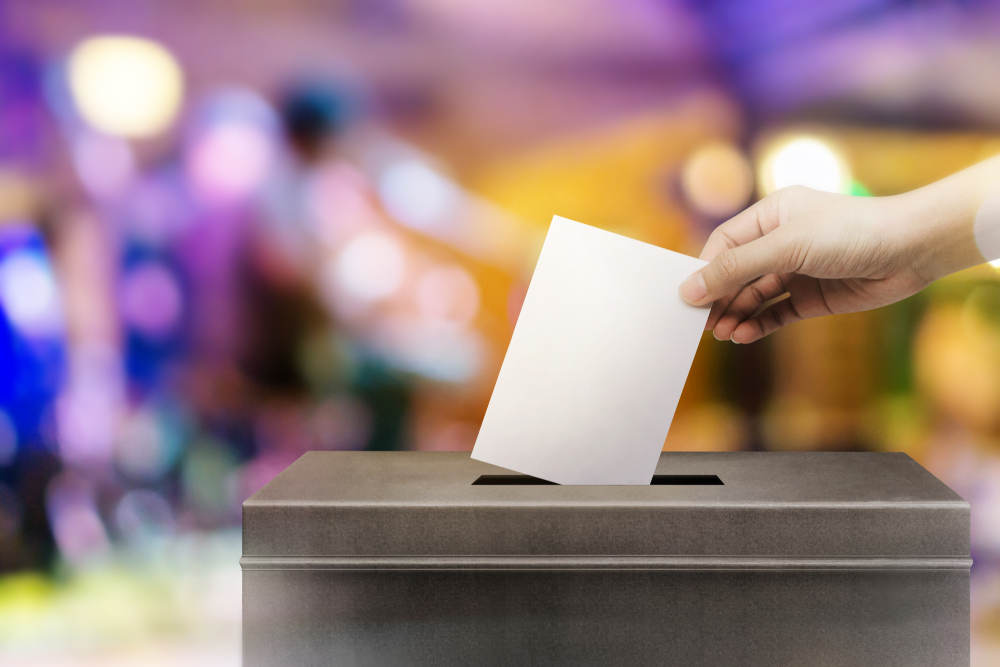Malijah Gee’s path from incarceration at the age of 17 to imminent freedom reflects the longing for a voice that has been suppressed for 36 years. A historic opportunity awaits him and many others: the chance to vote, possibly for the first time.
He said, “I came here as a youth, so I was never able to vote.” But now, on the verge of being released, he is looking forward to taking part in Michigan’s next presidential primary. “Getting out and having that opportunity is a great feeling,” he said, emphasizing the enormous importance of this right.
Legislative success
Governor Gretchen Whitmer recently signed a critical bill into law, signaling a big step toward increased voter participation. This law, sponsored by Democratic state Rep. Penelope Tsernoglou, offers automatic registration to recently jailed individuals upon release.
She said, “We wanted to increase [voter registration], and the incarcerated population is one of the populations that is least likely to be registered to vote.” The goal is clear: to strengthen a historically marginalized part of society.
Improving participation
Michigan’s project is not a stand-alone effort; it builds on the Department of Corrections’ previous efforts. Even before the law was passed in 2025, the department and the secretary of state collaborated to pre-register approximately 5,000 jailed people to vote upon their release.
“The legislation does… ensure that it’ll continue long term,” said Kyle Kaminski of the Department of Corrections, underscoring the commitment to maintaining this critical practice.
Bridging information divides
Khyla Craine, deputy legal director at the Secretary of State’s Office, clarified a frequent misconception: many detained people do not vote because they believe they cannot. “They don’t want to jeopardize their ability to remain outside of the criminal justice system once they have been released,” she said.
This statute, on the other hand, seeks to clear the air and serve as a catalyst for the reintegration of formerly jailed people into society.
Education and advocacy
Advocacy groups such as Voters Not Politicians have been instrumental in driving these improvements. Voters Not Politicians Director Kim Murphy-Kovalick emphasized the importance of an educational component. “We need the next part of it to be the education piece,” she said, arguing for programs that enlighten inmates about their voting rights.
For Gee, preparing to re-enter society entails more than just selecting a candidate; it also entails comprehending the significance of his vote. Recognizing the significance of this newfound right, he decides to devote time to research before making his decision.
Michigan’s progress toward inclusivity in the political process is a ray of optimism. It demonstrates the power of law and lobbying, promising a brighter future in which every voice matters, regardless of prior circumstances.












